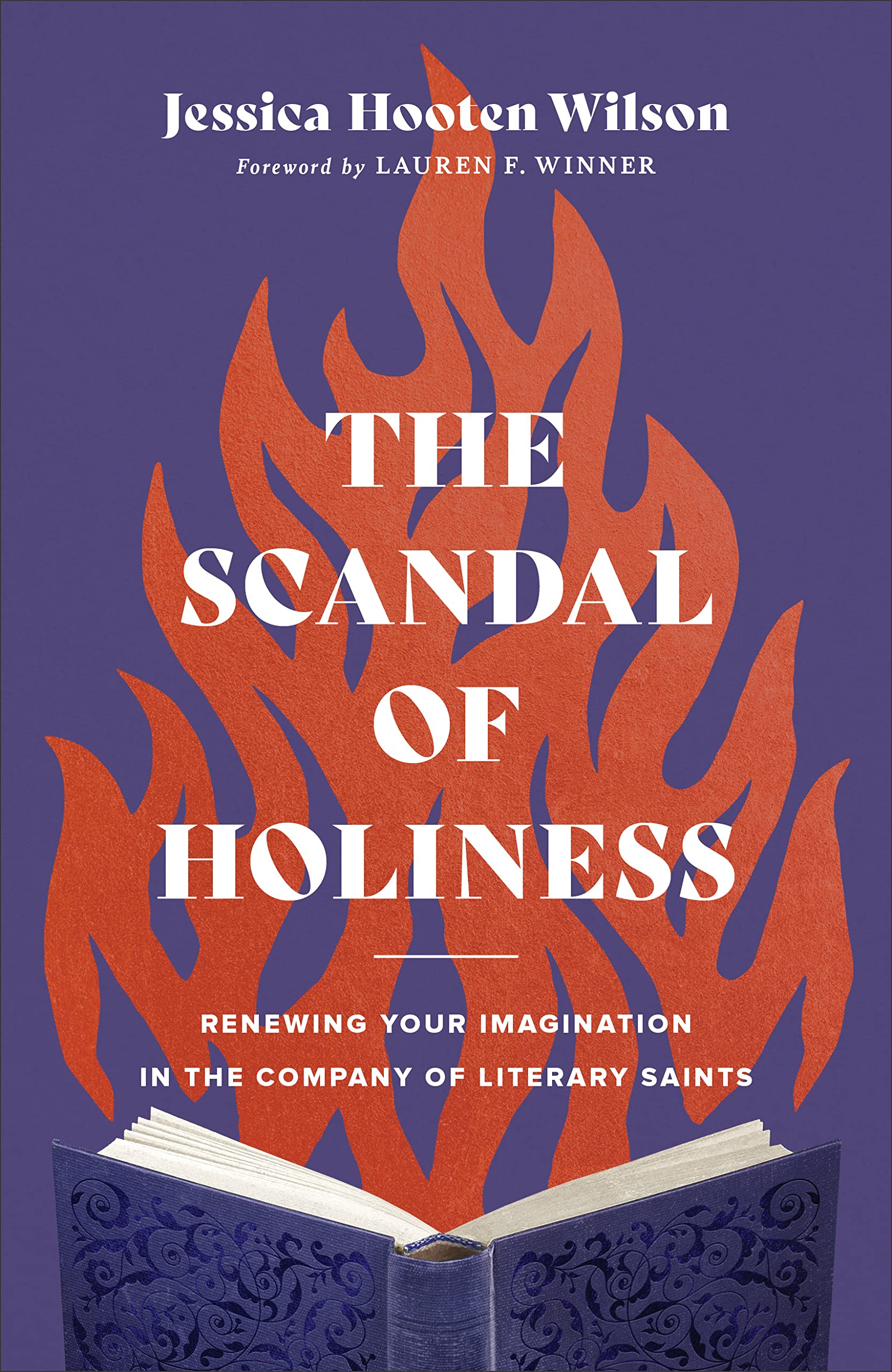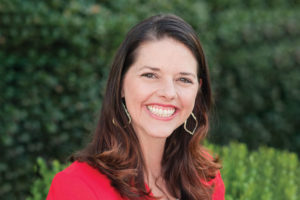
Classical Christian folks celebrate high-level thinking, and rightly so, but as humans, we are ultimately driven by our hearts and imaginations. Reading great literature isn’t just for mental push-ups, it is to engage living stories with powerful influential narratives that shape how we see ourselves and the world around us. If we are ever going to compete with the world of screens, it is through great literature. And it is ultimately through the renewal of our stories and our imaginations that we gain the perspectives and encouragement we need to be more like Christ. Join Davies Owens for an engaging conversation with Dr. Jessica Hooten Wilson as she shares from her new book, The Scandal of Holiness: Renewing your Imagination in the Company of Literary Saints. Whether you are a classroom teacher, a parent, a person striving to reignite your faith and spiritual disciplines, or all of the above, you don’t want to miss this episode.
 Jessica Hooten Wilson is the Louise Cowan Scholar in Residence at the University of Dallas. She is the author of Giving the Devil his Due: Flannery O’Connor and The Brothers Karamazov, which received a 2018 Christianity Today Book of the Year Award in the Culture & the Arts; as well as two books on Walker Percy: The Search for Influence: Walker Percy and Fyodor Dostoevsky (Ohio State University Press, 2017) and Reading Walker Percy’s Novels (Louisiana State University Press, 2018); most recently she co-edited Solzhenitsyn and American Culture: The Russian Soul in the West (University of Notre Dame Press, 2020). She has received numerous fellowships, grants, and awards, including a Fulbright Fellowship to the Czech Republic, an NEH grant to study Dante in Florence in 2014, and the Biola Center for Christian Thought sabbatical fellowship. In 2018 she received the Emerging Public Intellectual Award given by a coalition of North American think tanks in collaboration with the Centre for Christian Scholarship at Redeemer University College, and in 2019 she received the Hiett Prize in Humanities from The Dallas Institute of Humanities and Culture.
Jessica Hooten Wilson is the Louise Cowan Scholar in Residence at the University of Dallas. She is the author of Giving the Devil his Due: Flannery O’Connor and The Brothers Karamazov, which received a 2018 Christianity Today Book of the Year Award in the Culture & the Arts; as well as two books on Walker Percy: The Search for Influence: Walker Percy and Fyodor Dostoevsky (Ohio State University Press, 2017) and Reading Walker Percy’s Novels (Louisiana State University Press, 2018); most recently she co-edited Solzhenitsyn and American Culture: The Russian Soul in the West (University of Notre Dame Press, 2020). She has received numerous fellowships, grants, and awards, including a Fulbright Fellowship to the Czech Republic, an NEH grant to study Dante in Florence in 2014, and the Biola Center for Christian Thought sabbatical fellowship. In 2018 she received the Emerging Public Intellectual Award given by a coalition of North American think tanks in collaboration with the Centre for Christian Scholarship at Redeemer University College, and in 2019 she received the Hiett Prize in Humanities from The Dallas Institute of Humanities and Culture.
